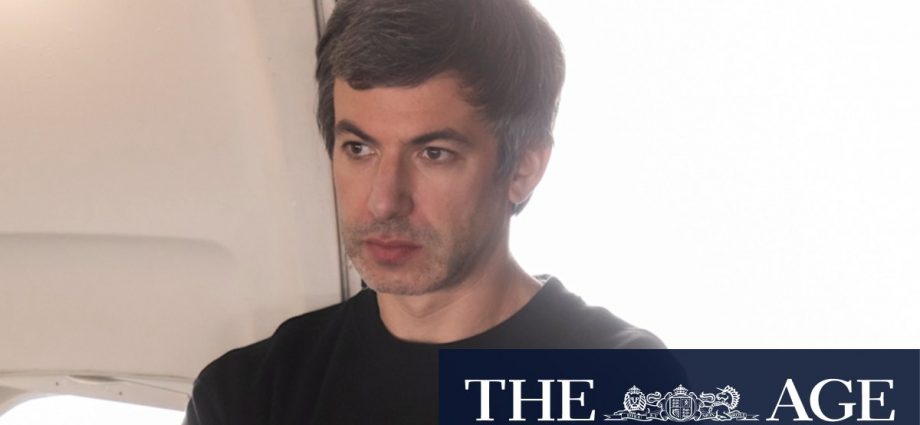The Rehearsal (season 2) ★★★★½
Nathan Fielder has done it again, even if it’s difficult to fully explain what “it” actually is. The second season of the conceptual comic’s mix of absurdist humour and documentary simulation remains jaw-dropping but difficult to quantify; perhaps it is a mix of absurdist simulation and documentary humour? Fielder, whose voice is so monotone that it suggests hints of menace, once more tries to game out scenarios in search of fail-safe solutions, only for it to escalate in audacious and unforeseen ways.

Nathan Fielder has set season two of The Rehearsal in a replica of Houston airport.
There should be less shock value the second time around, but the Canadian provocateur has tweaked his goals. In the first season of The Rehearsal, Fielder acted on his God complex, helping applicants prepare for difficult situations by creating elaborate practice spaces for them, complete with sets and actors. In the new season he’s searching for answers, although the questions are sometimes murky. This is not car-crash television, it’s air-crash television. Literally. Fielder is obsessed with the lack of communication between pilots in air disasters.
Once again, the scale is staggering and the methods alternately droll and alarming: Fielder builds a replica of a terminal at the Houston airport in a Los Angeles studio, then runs scenarios with real-life pilots and actors to provide quantifiable data.
“Pull up! Pull up!” a simulator warns, but Fielder wants to reach terminal velocity. Lurking in the background, his laptop strapped to his chest, Fielder is the Hannibal Collector of this experiment. A mad genius flummoxed by human emotions.

In season two of The Rehearsal, Nathan Fielder is obsessed with plane crashes.
There are still moments of melancholy, but less obvious mawkishness. Still, the series has four credited writers, including Fielder, and it liberally drops hints about its yen for misdirection. “I’ve always felt that sincerity is overrated,” Fielder muses at one point, only to be drily sincere throughout the six episodes.
You can view everything that happens here as a metaphor for understanding relationships – when couples can’t communicate, their love crashes. If you told me this was Fielder’s way of processing a break-up, I would believe you.


